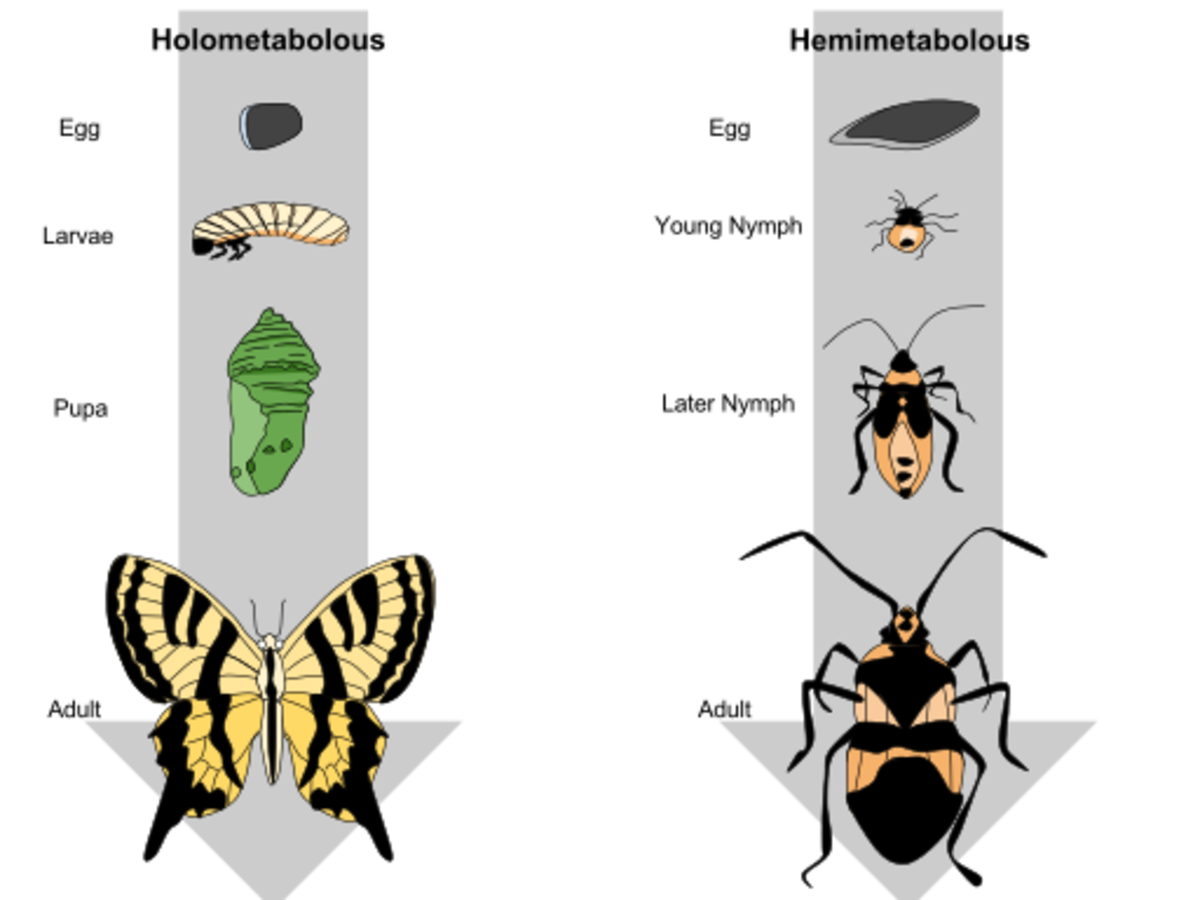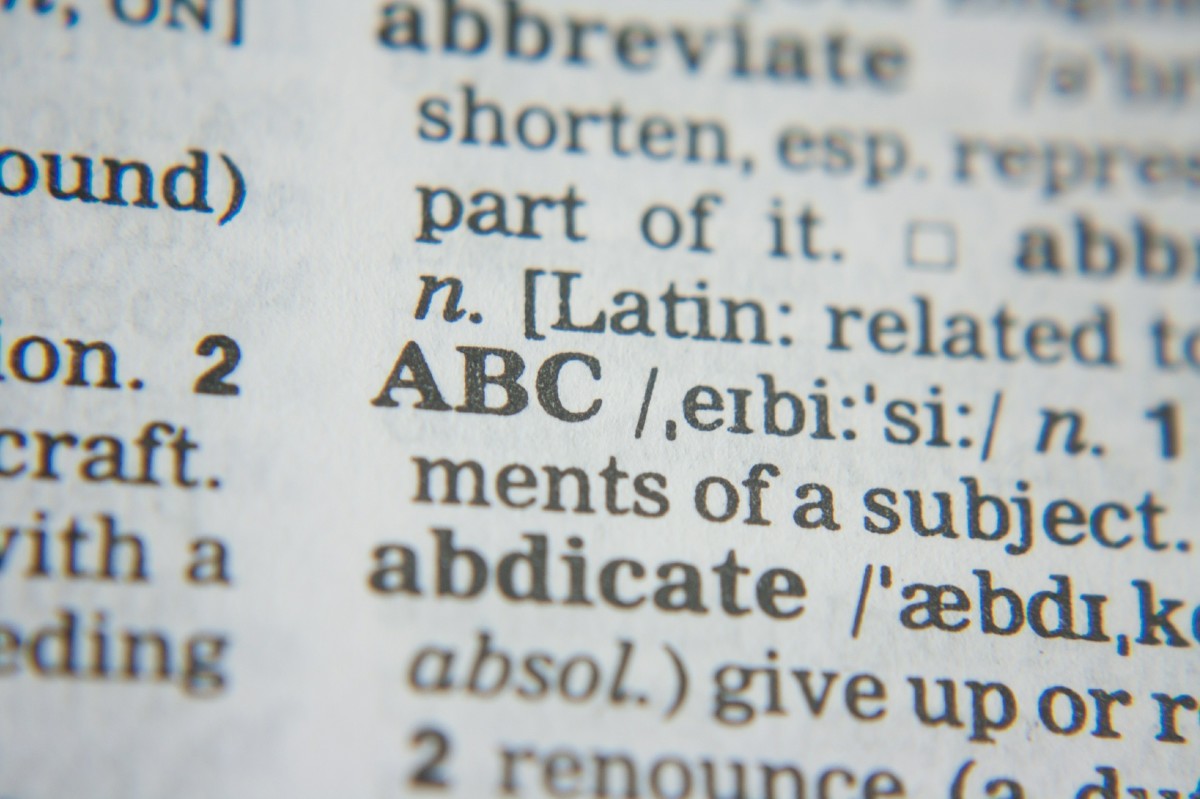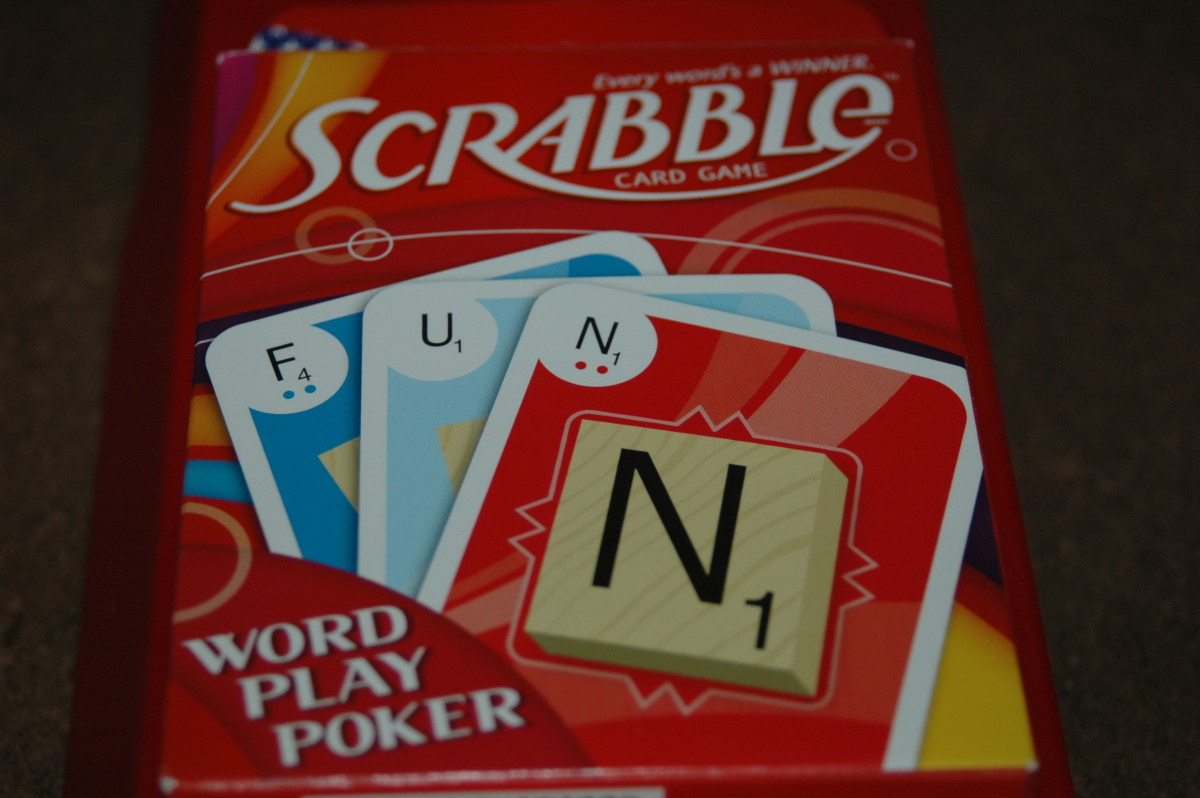Etymology -- Wonderful Word Play
Fine Art - A Naturalist's Illustrations

A Scintillating Introduction
My mother took a couple of years of Latin when she was in high school. Yes, it was and is a “dead language,” but by studying Latin one learns about many of the roots, prefixes, and suffixes which have passed into the English language. She passed much of what she had learned on to her children.
Knowledge of Latin roots enables a person to deconstruct complicated words and to examine the constituent parts of a word in order to determine its meaning. I can tell, you are already getting terribly excited about this. Me, too. :)
In my family, we learned to recognize many individual word components. We played with them, mixed and matched them. So of course my siblings and I all became inveterate word and language lovers. We never “needed to look up words” in a dictionary; for us, the dictionary was meant for pleasure and games. We would quiz each other on three, four, and five syllable words; we would come across a "new root” and then see how many words we could create.

Mental Aerobics and Calisthenics
Let's take one example: “fort” a Latin root meaning strong -- from fort we get fortitude, fortress, forte, fortify, fortification. We thought then, and still think now, (as I am sure you will agree) that word-play and language were great entertainment as well as mentally invigorating, and its completely free! You can't get much better than that. :)
I am quite sure your family played the suffix game just like ours did. After a family dinner while clearing the table, someone would shout, (usually one of my brothers), “Quick, how many words can you think of that end in “tion?”
Or words that end in "able" - dependable, expendable, reliable, or "ism" - dynamism, euphemism, catechism, or "less" - friendless, purposeless, sleepless, or "ship" - worship, sportsmanship, statesmanship?
Of course we were all always ready to take on such an enjoyable, albeit challenging, task. I think I will do "tion." You can do it too, if you would like to; one of the wonderful qualities about word games is that any number of people can play at the exact same time. :)
So I am thinking, "nation, demotion, inaction, mention, repetition, friction, sensation, inflammation, irritation, trepidation, caution, obligation, provision, propulsion, promotion, petition, addition, subtraction, multiplication, interaction, interrogation, imposition, internalization initiation, implementation, donation, determination, detention, dentition, deterioration, attention, application, affliction, ammunition, apparition, aspiration, insinuation, competition, contemplation, contradiction, communication, correction, application, attention, attribution, assassination, accusation, association, abrogation, amputation, annihilation.
Can you just imagine how fun my family was? By the way, I bolded my favorite words, so you would know....it is entirely possible that they might be your favorites too. Why, we could start a club or a Facebook Page about our special words. :)
And do you know about the unbelievably entertaining game where everyone rapidly thinks of (and writes down of course) as many words as they can that start with the same letter? Then, when time is up, you get to compare lists! Who would watch TV when you can have fun like this with it turned off? :) By the way, you know all those boxed word games that came out in the last fifteen years, well, the companies stole their game ideas from my family. Very sad. No, not Trivial Pursuit. We didn't invent that one, but we could have....

Parenthetical, Perspicacious, Pellucid
Well today, as luck or fortune or fate would have it, I was stuck in the "never-ending-meeting" and a rather boring administrator used three “p” words, and all in the same sentence! I know… alliteration...and in an academic meeting. Can you imagine such a wondrous thing? How could I possibly resist that invitation? More importantly, why would I want to?
Within minutes I started perseverating about words that begin with "p," so I surreptitiously started scribbling words down in my notebook and before long the meeting was over. :) Let's try it and see what happens. Here is my five minute stream-of-consciousness list. I will look at your list in just a few minutes.
Paranormal, paradox, parachute, paradise, parameter, perimeter, periwinkle, paradigmatic, periodical, premium, primary, premier, principled, predatory, prehensile, predicament, predilection, preference, proposal, precipice, perfunctory, performance, perpetuate, purloin, penitentiary, parental, pinnacle, puerile, pigeon, pigment, Pentateuch, periscope, pedantic, penultimate, pessimistic, philosophy, physicality, paleontology, prestidigitation, philanthropic, pharmaceutical, psychiatric, prevaricate, postulate, parsimonious, paternity, principality, patriarchal, perpendicular, perambulate, penumbra, predicate, pusillanimous, pontificate, perihelion, poignant, post-mortem, (using a hyphen is permissible) posterior, postscript, peripatetic, peristalsis, parallelism, polycarbonate, predicament, proportional, pericardium.
Whew, I bet that was the most excitement you have had in a long time. :) See what happens when you simply free-associate, no dictionary is necessary. So now that you understand my family background, it will make perfect sense to you that this Hub is dedicated to people and families who on principle love words and who passionately want to know where they came from, as well as what they mean. Enjoy. :)
Post Script - Sometimes you can continue playing one of these spectacular word games, even after the family dinner or barbecue or whatever is over. That is certainly fine, just don''t be parsimonious...share the pleasure with your friends and acquaintances. :)

Words Based on Latin Derivations
Nescient --- Although not a word used all that frequently in general conversation, this adjective means someone or something lacking knowledge or awareness. Etymology: The word is constructed from the Latin “ne” meaning not and “scire” meaning to know. Scire is believed to come from the Indo-European root “skei” meaning to cut or split apart. This Indo-European root is the basis for schism, ski, science, and conscience.
Somnolence --- Is a noun indicating a state of sleepiness or drowsiness. Etymology: The word is based on the Latin root “somnus” meaning sleep. Related Indo-European words are abundant and quite easy to recognize: insomnia, soporific (inducing sleep), somnambulist (one who walks in their sleep), “Sominex,” and hypnosis (to place someone in a light and suggestible state of sleep). This was an example of accidental and unintended "alliteration."
Recondite --- An adjective meaning to be concerned with a profound or esoteric or difficult subject. The word can also indicate that something is obscure or little known. Etymology: Recondite is built from the Latin verb “recondere” meaning to hide. Recondere is composed of the prefix “re” meaning back and “condere” meaning to put together. Things which are “hidden” are very little known or obscure and things which are profound, esoteric, and difficult are often little known by the general population and thus, considered obscure.

Cessation, Discontinuation, Termination
Plenary --- This adjective indicates that something is full, complete, or absolute. It is commonly used at conferences, conventions, and symposiums to describe a “meeting” where all members of an association or a designated group are in attendance. Etymology: The word is based upon the Latin “plenarius” meaning fully attended or complete, and in turn plenarius is constructed from “plenus” which, as we all know, simply means full.
Risible --- Risible is also an adjective, but one that has several different connotations depending on sentence structure. Risible can mean something which is laughable or ludicrous; it can be used to describe someone likely to laugh; surprisingly, it can even refer to something tangentially related to laughter. Etymology: Risible comes from the Latin risus, which is a past participle of the verb “ridere” which means to laugh. The following words are also derived from the same Latin root: ridicule, ridiculous, deride, derision, derisive.
Fugue --- A musical form (a noun) in which a theme is repeated, either by several voices or several instruments resulting in a very complex musical pattern. However, fugue can also refer to a pathological state of consciousness. In this pathological condition an individual, to external observers, appears to be aware of his or her actions, but upon returning to a normal state of consciousness the individual has no recollection of their actions. Etymology: Fugue comes from the Italian word “fuga” which means escape or flight. Italian of course is a Romance language, derived from Latin. Fuga comes from “fugere” a Latin verb meaning to flee. Fugere is also the source for the words fugitive, centrifugal, subterfuge, and refuge.
Note 1: Several dictionaries were consulted in order to fully explicate the etymological entries: Merriam-Websters, the Oxford English Dictionary (abridged), and the Cambridge Dictionary. However, the "fabulous" run-on streams of words are purely the production of the author's mind. No other entity or organization should be held responsible for them.
Note 2: Would you agree with me that the botanical drawings are simply exquisite? I will soon do a Hub on how to access and use Classroom Clipart. I find it easier to work with than wiki-pictures. You might want to consider them for your work.
Note 3: There is no note three...just messing with you. :)
Note 4: I should go on record here and categorically state that I will not be doing a hub on entomology or discussing insects in any way, shape, or form. This is not because of prejudice or fear, more like an "ickyness factor." For those of you who have started to frown in disapproval, let me go on the record again, and state that I never displayed an icky or fear reaction in front of my children. Any phobias they may have now as grown men, they developed without any assistance from me. You can stop frowning now. :) Thank you.










